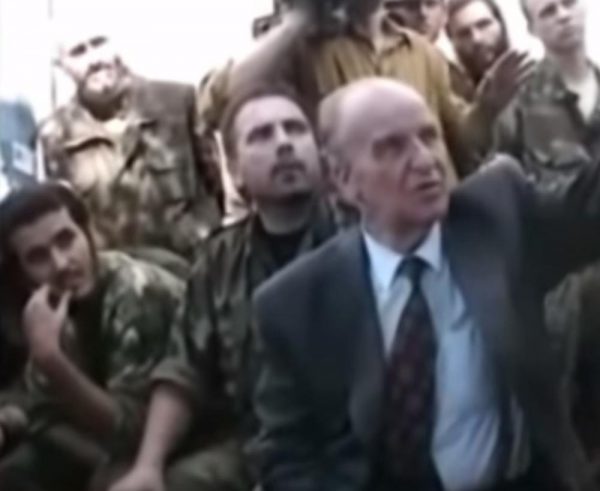
The High Representative for Bosnia and Herzegovina, Christian Schmidt, has come under heavy criticism from Bosniak politicians and media after stating that individuals directly linked to the war should not be role models for students. In an interview with Sarajevo’s Face TV, Schmidt mentioned that school programs should avoid promoting war figures, specifically naming Alija Izetbegović and Ratko Mladić.
Schmidt’s remarks immediately triggered outrage from Sarajevo, where he is accused of equating BiH defenders with war criminals. Foreign Minister Elmedin Konaković called it “an attempt to equate victims and perpetrators,” while Bosniak-leaning media labeled the High Representative’s statement a scandal.
This rhetoric is similar to what has been coming from Republika Srpska, where Schmidt’s legitimacy has been long contested. His predecessor, Paddy Ashdown, faced a similar issue in 2005 when he intervened to prevent Sarajevo’s airport from being named after Alija Izetbegović, arguing that such a move would deepen ethnic tensions.
While Schmidt calls for critical reflection on the recent past, the Bosniak political scene is swiftly branding him as an enemy. Protests in front of his office are already scheduled, as the narrative that he “relativizes war crimes” gains momentum.